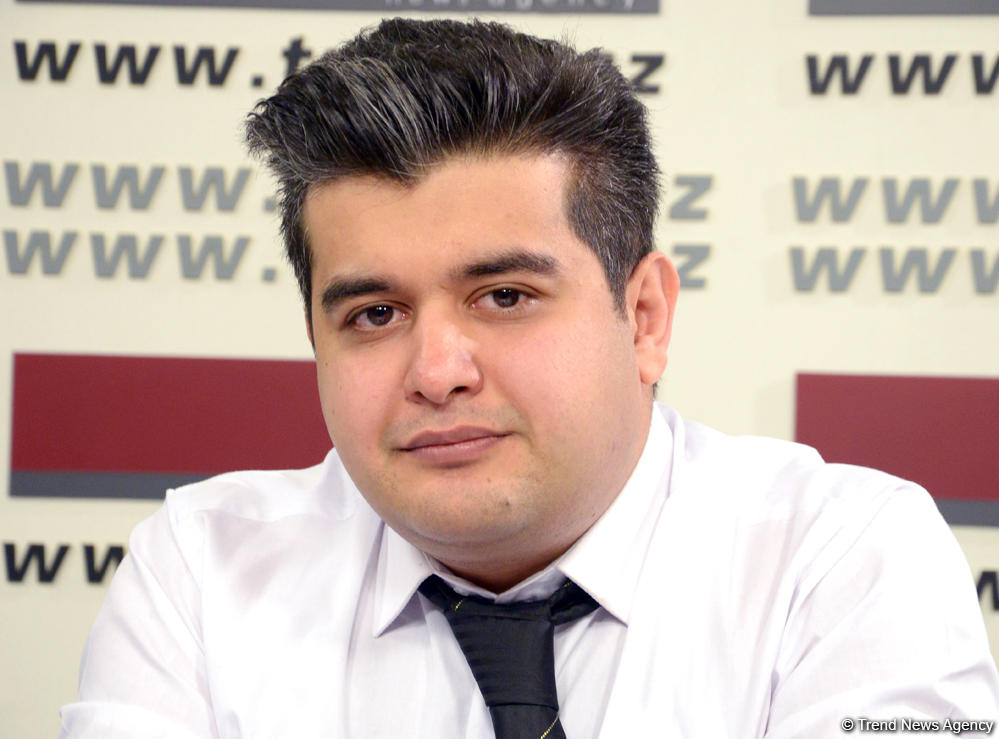By Farhad Daneshvar- Trend
Following the horrendous terrorist attacks on the French capital last week, a united front comprising the United States, Russia and several European countries, including France and Great Britain are beginning to give serious consideration to getting rid of the group known as the Islamic State, (aka IS, ISIS, ISIL, or by their Arabic acronym, Daesh).
French and Russian planes conducted intensive air strikes against the IS in northern Syria on 18 November as an early reaction to the attacks in Paris where at least 128 people were killed and for the downing of a Russian airliner over Egypt's Sinai that claimed 224 lives.
Russian President Vladimir Putin has ordered the Russian navy and air force to coordinate their actions against the IS with the French military.
Observers believe that NATO will stand with France against the IS according to Article 5 which says collective defence means that an attack against one ally is considered as an attack against all allies.
Indeed if France invokes Article 5 of the alliance's charter, it will launch a joint assault against the Islamic State.
The article has been invoked just once in NATO's history following the September 11 terrorist attacks on the Twin Towers and the Pentagon in the US.
During the recent two-day G 20 summit held in Antalya, Turkey, leaders from the world's top economies vowed to step up the fight against terrorism and increase cooperation on combatting the Islamic State including tightening border controls, increasing intelligence sharing and cracking down on terrorist financing.
US Secretary of State John Kerry said on November 18 the United States and Turkey are staging a joint operation to secure the northern Syrian border which has been reportedly used widely by the IS.
One of the characteristic of the Islamic State is its ability to compensate its loses from theatre of operation to another. To cover its losses in Syria and Iraq and to maintain the morale of it fighters, the IS has opted for a change in strategy.
The IS has suffered from heavy defeats over the past weeks in Syria and Iraq and some analysts believe this to be one of the driving forces behind
IS's focus on areas beyond its "established" borders; ie; the recent downing of the Russian plane, bombings in Beirut, Ankara and Paris.
Following a Kurdish military assault backed by the US air force in northeastern Syria and western Iraq, the Islamic State militant group has lost vast territories including the town of Sinjar. Nov. 13
Kurdish forces announced that they retook full control of Sinjar after 15 months of horrific ruling by the IS. Kurdish forces reportedly did not face serious resistance while entering the city as the extremists melted away following the heavy US-led air strikes.
The Syrian army backed by the Russian Air Force, Iran and Lebanon's Hezbollah militia, has recently made great advances against the IS.
The IS leaders fully understand that they will lose more territory in the coming months as the world is now seems determined to seriously tackle the question of terrorism.
The recent terrorist attacks conducted by the IS are very similar to those carried out by its rival, al-Qaeda.
For instance, there are striking similarities between last week's attacks in Paris and last year's attack by al-Qaida on the office of the French satiric magazine Charlie Hebdo.
Although al-Qaeda and the IS have clashed in Syria, in an early November audio message al-Qaeda leader, Ayman al-Zawahiri, called on all jihadi groups worldwide to unite against the US, Europe, Russia and Iran.
Some observers note that the blowing up of the Russian airplane over Egypt was conducted by the IS with technical support from al-Qaeda experts.
Contrary to the Islamic State which placed all its energy in establishing a physical entity in a particular location in the Middle East, al-Qaeda's strategy is based on conducting terrorist attacks in the heart of the target countries as it did in attacks far from its bases in the Middle East.In the US, London and Madrid.
Looking at the situation today there are numerous facts that lead us to believe that the two diverging takfiri groups are joining forces in the face of a concentrated effort by the Western powers and Russia as well as Turkey and other regional powers including a number of Arab countries.
---
Farhad Daneshvar is Trend Agency's staff journalist, follow him on Twitter: @farhad_danesh






